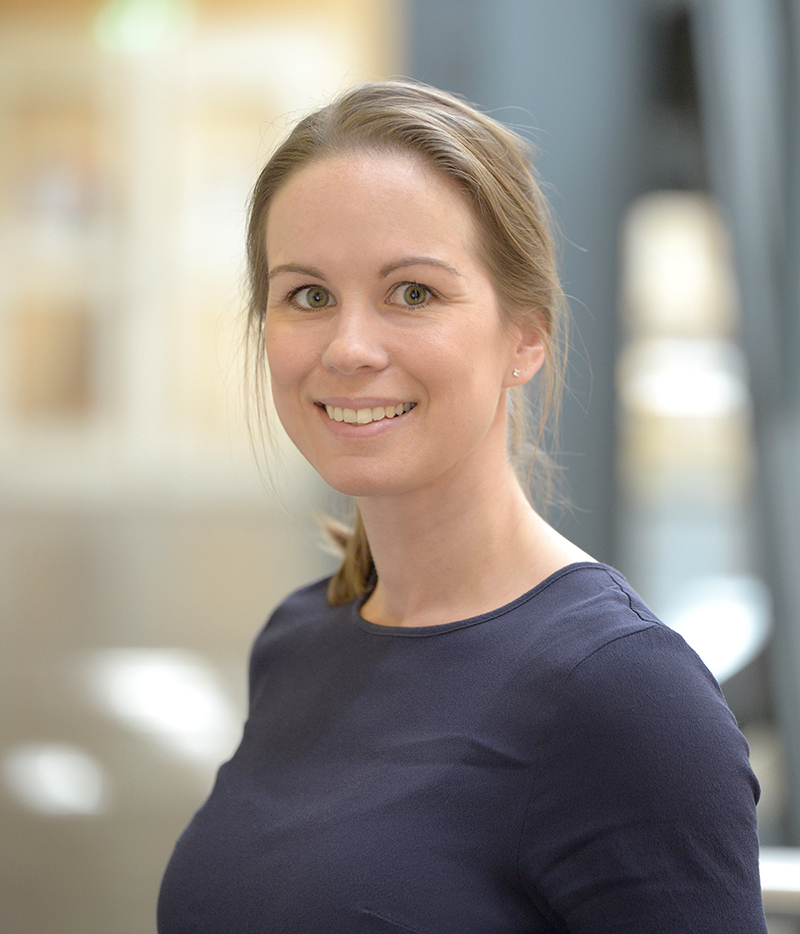Trial lecture - time and place
See Trial Lecture
Adjudication committee
- Associate Professor Fiona Maine, University of Cambridge, UK (the first opponent)
- Professor Juan Manuel Fernández-Cárdenas, Tecnológico de Monterrey, Mexico (the second opponent)
- Professor Kristinn Hegna, Department of Education, Faculty of Educational Sciences, University of Oslo, is third member of the committee and the committee's coordinator.
Chair of defence
Professor Line Wittek, Department of Education, Faculty of Educational Sciences, University of Oslo
Supervisors
- Professor Ingvill Rasmussen, Department of Education, Faculty of Educational Sciences, University of Oslo
- Dr. Ole Smørdal, Department of Education, Faculty of Educational Sciences, University of Oslo
Summary
Language is our most important tool for learning, and therefore it is important that students in primary and secondary education are taught how they can talk together to learn. This is especially important in classrooms where the use of digital technology is increasing.
Research has demonstrated that the explicit teaching of talk for learning can promote students learning and their capacity to think critically and solve problems together. However, in today’s classrooms, there is only sparse explicit teaching of talk for learning, and the increased use of digital technology shows a tendency to more individualised activities in the classroom, which in turn leaves less time to focus on developing students’ talk skills.
With more technology in the classroom, students must also be taught how they can talk together to learn both orally, but also in a semi oral manner, such as through short texts in social media that have an oral character.
This thesis discusses the above issues. The study is part of the larger research project called Digital dialogues Across the Curriculum (DiDiAC) which aim is to develop teaching practices that combine the teaching of talk for learning with the microblogging tool Talkwall to address the need for developing oral skills in digital classrooms.
Talkwall is a technology that has been developed by researchers and teachers. In Talkwall, students can write short messages called microblogs that can be displayed and arranged on a digital whiteboard. The written microblogs can support the students’ talk, and thus help students talk together in ways that they learn from. The thesis explores how Talkwall can be a useful tool in the classroom for both teachers and students to develop students’ talk for learning.
I particularly focus on the teachers’ strategies used to support students’ development and participation in talk for learning. The empirical data mainly 8 consists of video observations of twenty teachers and their students in lower secondary education. The data collection is conducted in fourteen Norwegian classrooms and six British classrooms throughout one semester.
The two overall research questions that are discussed in this thesis are (1) What characterises teachers' emerging educational practices when combining an explicit focus on talk for learning and co-located microblogging? (2) In what ways can co-located microblogging enhance students' participation in talk for learning? In the first part, the extended abstract, I discuss the findings from three empirical studies reported in research article which are included in part 2 of this thesis.
